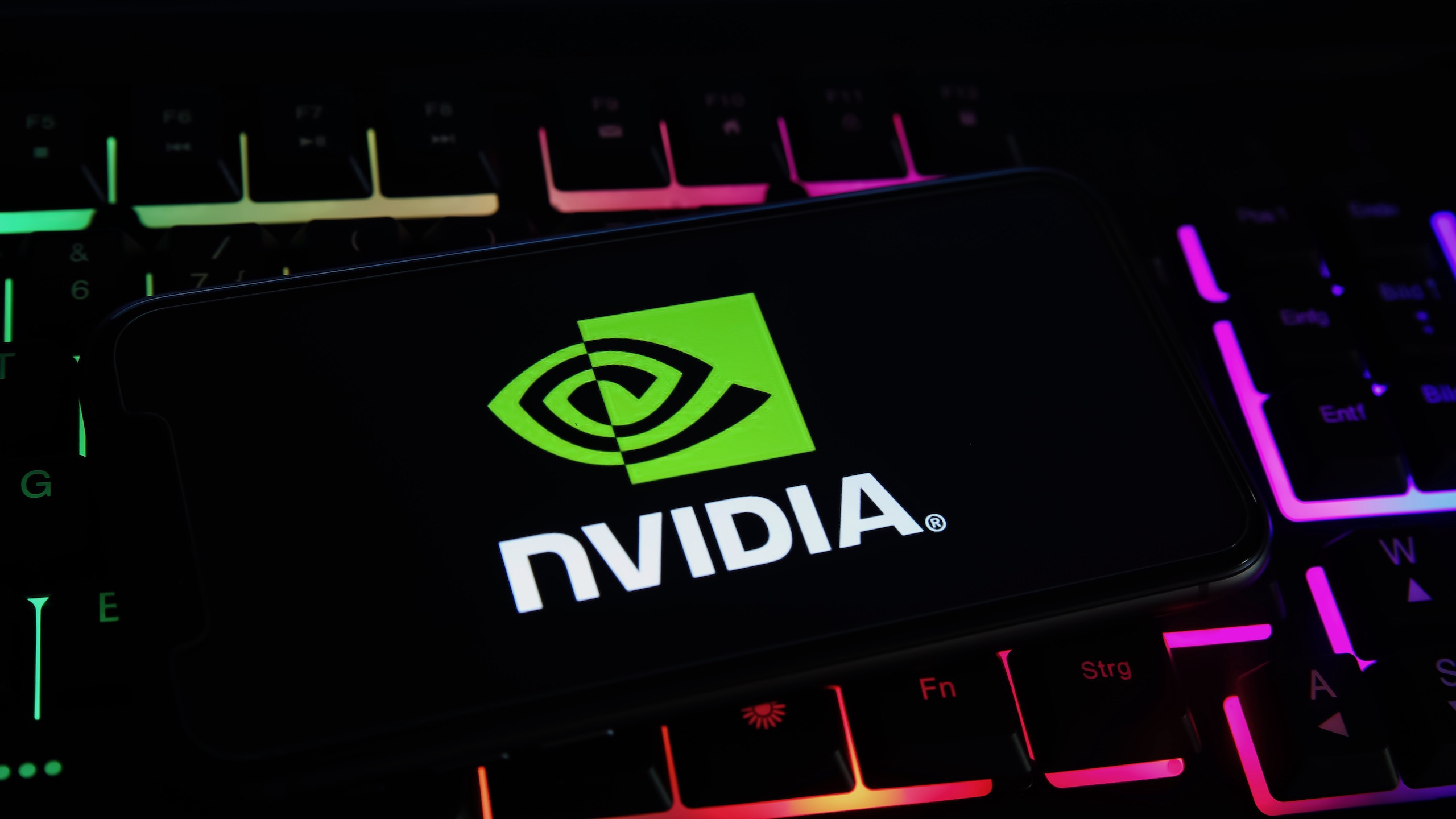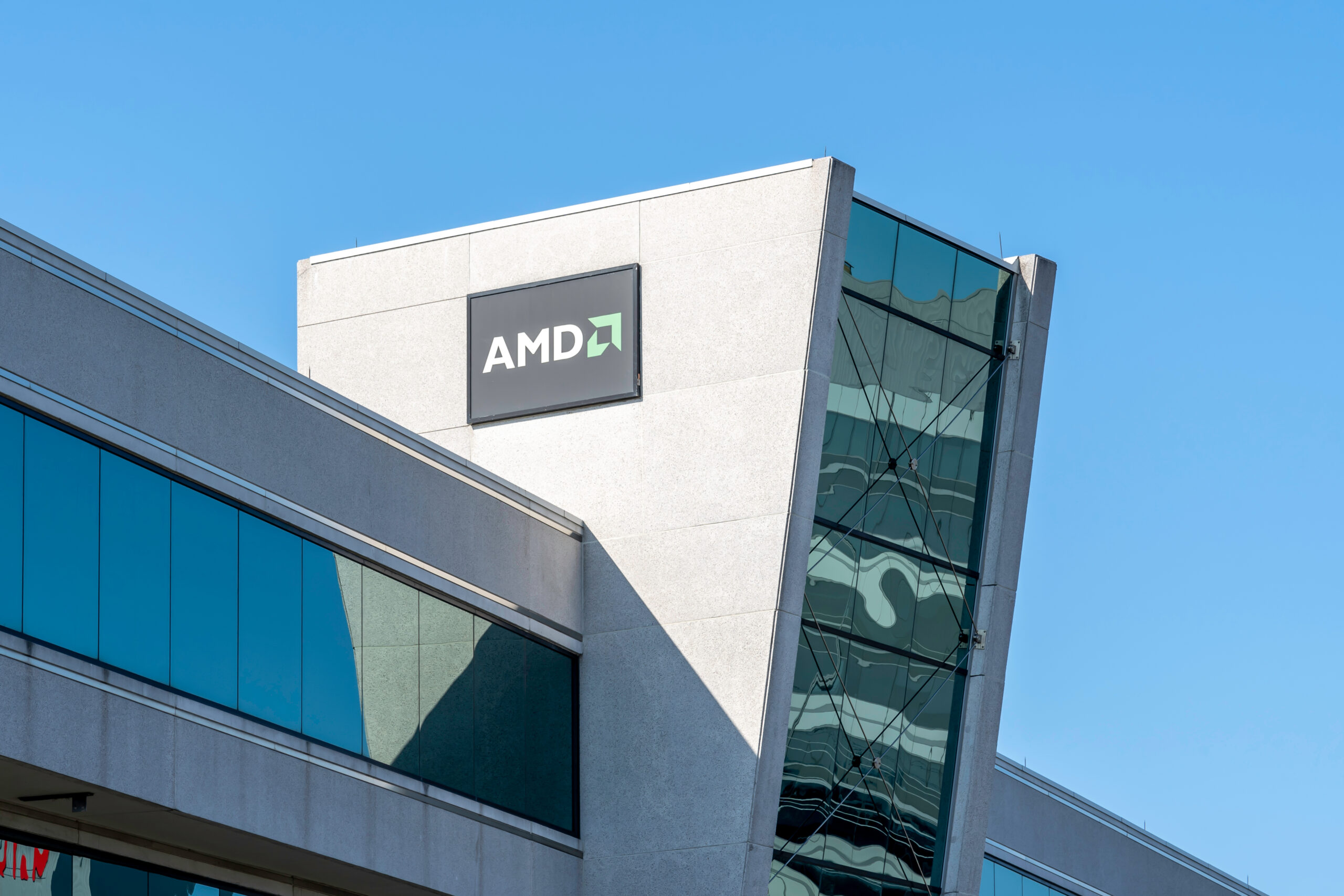The United States has extended AI chip export restrictions beyond China to include some countries in the Middle East. The ban affects Nvidia and Advanced Micro Devices (AMD) chips.
For China, the ban on chip exports was imposed in 2022.
Impact of the ban
In a regulatory filing, Nvidia indicated the export ban will not have an “immediate material impact” on the company’s results, according to reports. But the ban will have an impact on its A100 and H100 chips, which are made to speed up machine learning tasks.
“During the second quarter of fiscal year 2024, the USG (US government) informed us of an additional licensing requirement for a subset of A100 and H100 products destined to certain customers and other regions, including some countries in the Middle East,” said Nvidia in a filing on Aug. 28.
According to a Reuters report, Nvidia said in a separate statement that the new requirement “doesn’t affect a meaningful portion of our revenue. We are working with the US government to address this matter.”
Peers, AMD reportedly also received a letter communicating the same export restrictions, although the company also indicated this will have no material impact on the group’s topline.
Also read: Influencers Abandon Esports ‘Creator League’ Citing NFT Fears

Security concerns
Although the particular Middle Eastern countries were not named and the reason for the export ban was also not cited, the US imposes such bans on security grounds.
Similar restrictions have been imposed on China as the two countries fight for technological supremacy. To do so, they have been attempting to block each other from accessing their own technologies.
Nvidia currently exports its H800 and A800 chips to China, and these have “reduced performance.” But the A100 and H100, which are used for AI tasks such as image and voice recognition, are already banned in China.
Russia is also affected by the export restrictions and cannot acquire them directly because of sanctions, but can access chips made in the US from China and other intermediaries.
According to Al-Monitor, China announced an export ban on gallium and germanium to the US and Europe in July, and the two are used for manufacturing semiconductors.
A slowdown on production
According to the Reuters report, AMD got new license requirements in September last year that would pause exports of its MI250 AI chips to China.
Now the two chip-making firms, together with Intel, have revealed their plans to make less powerful AI chips for export to the Chinese market.
Limited or no access to chips from Nvidia and AMD means China will have a tough time building advanced computing used in tasks such as image and voice recognition in a cost-effective manner.
In May, Nvidia’s CEO, Jensen Huang, expressed concerns that the US risked “enormous damage” if it continued with the trade restrictions against China.
He told the Financial Times in an interview that “if (China) can’t buy from the United States, they’ll just build it themselves. So the US has to be careful. China is a very important market for the technology industry.”
Nvidia’s Q2 sales surged by 171% to $13.51 billion, ahead of projections, as demand for its AI chips continues. Demand for H100 in particular is expected to remain firm throughout the rest of the year.










 and then
and then